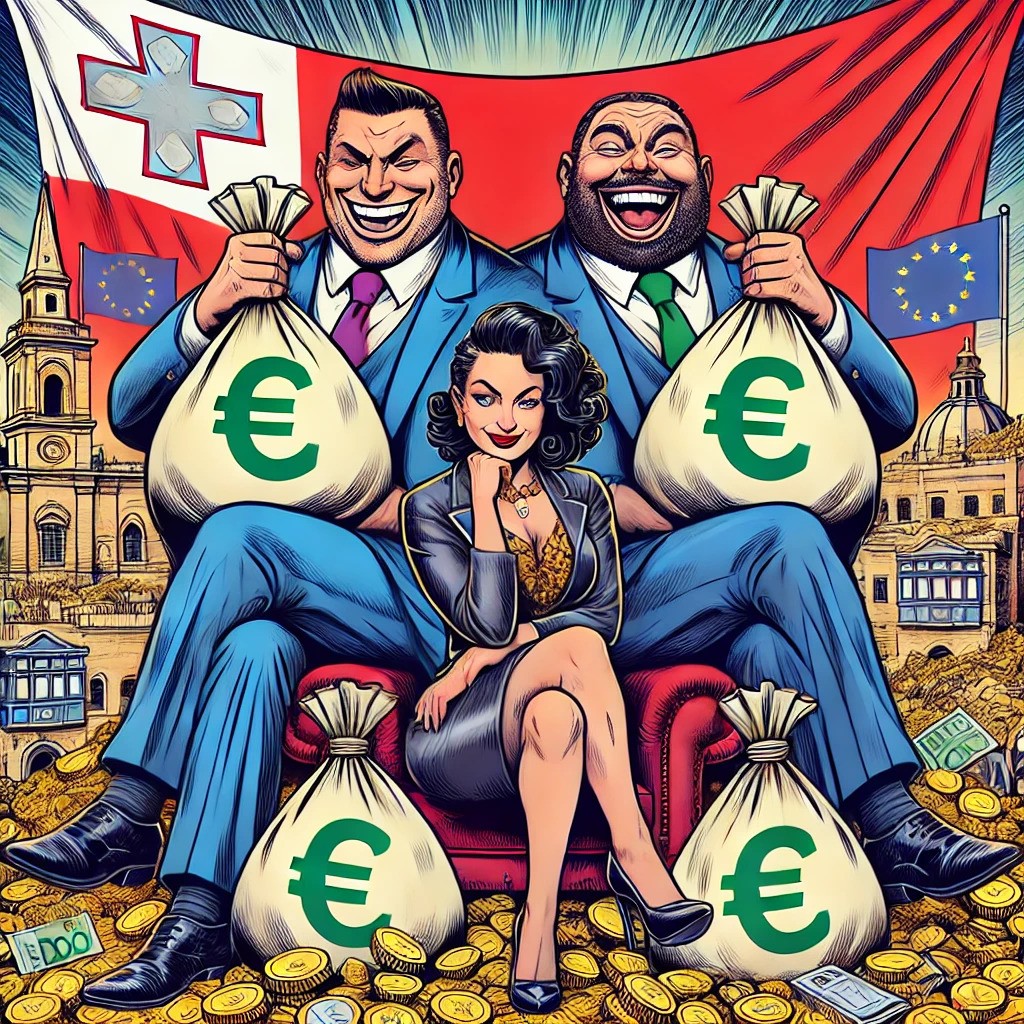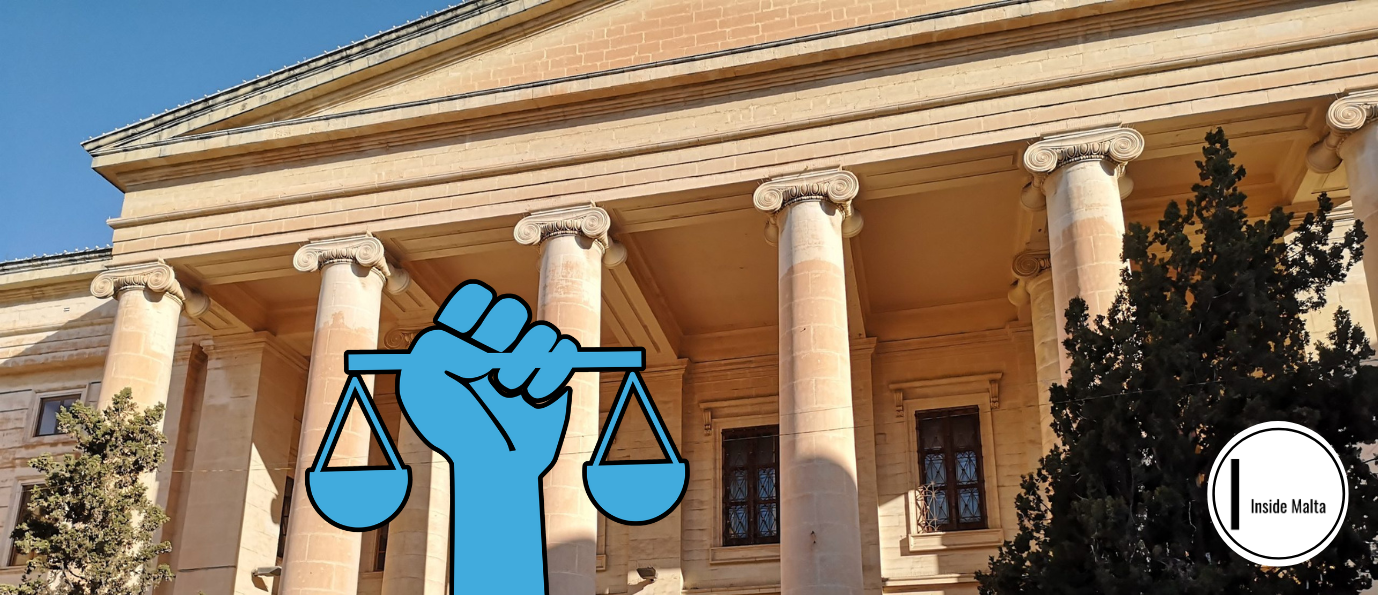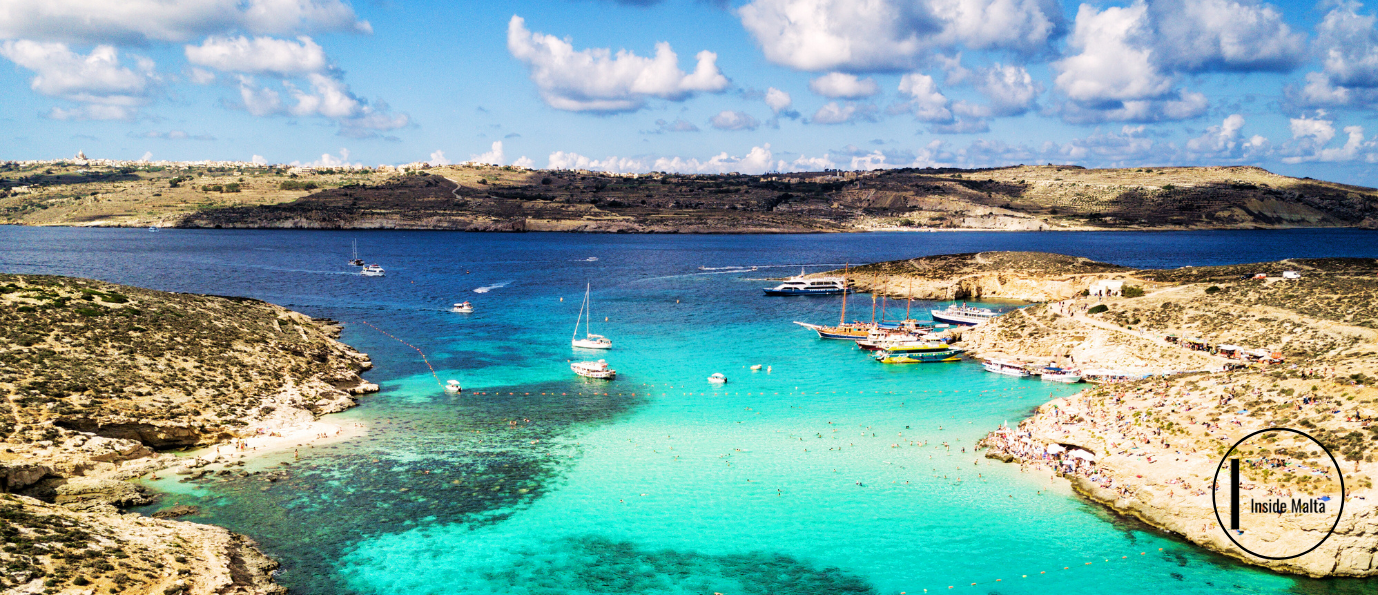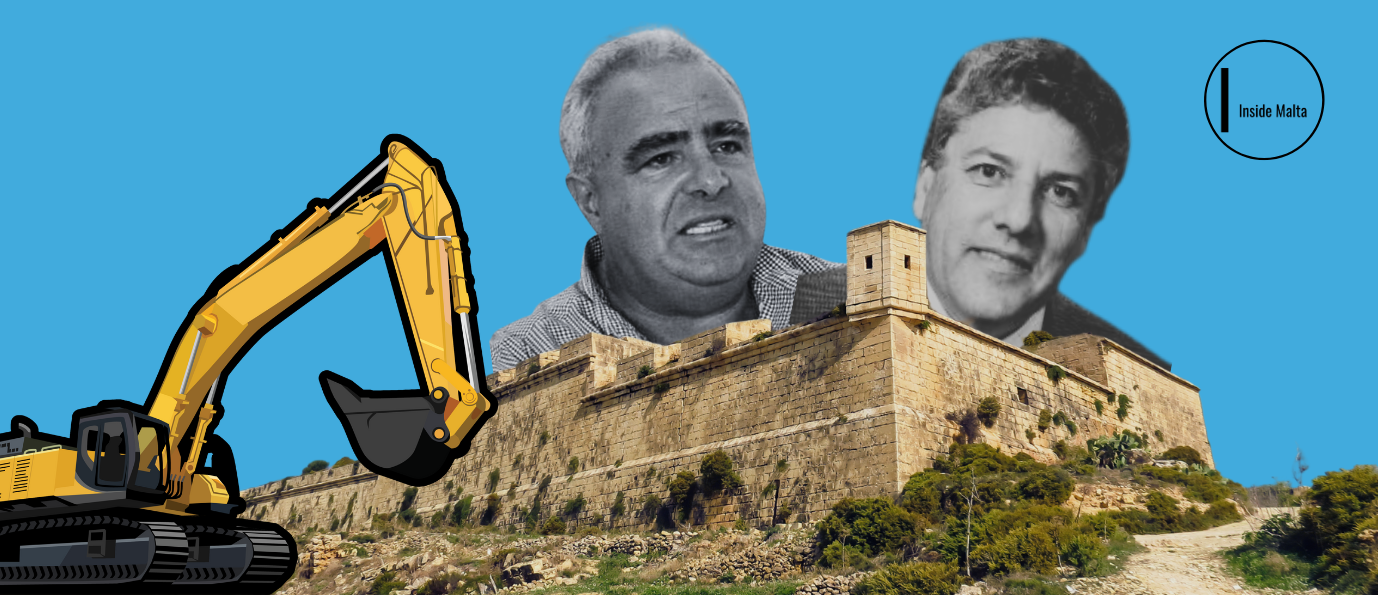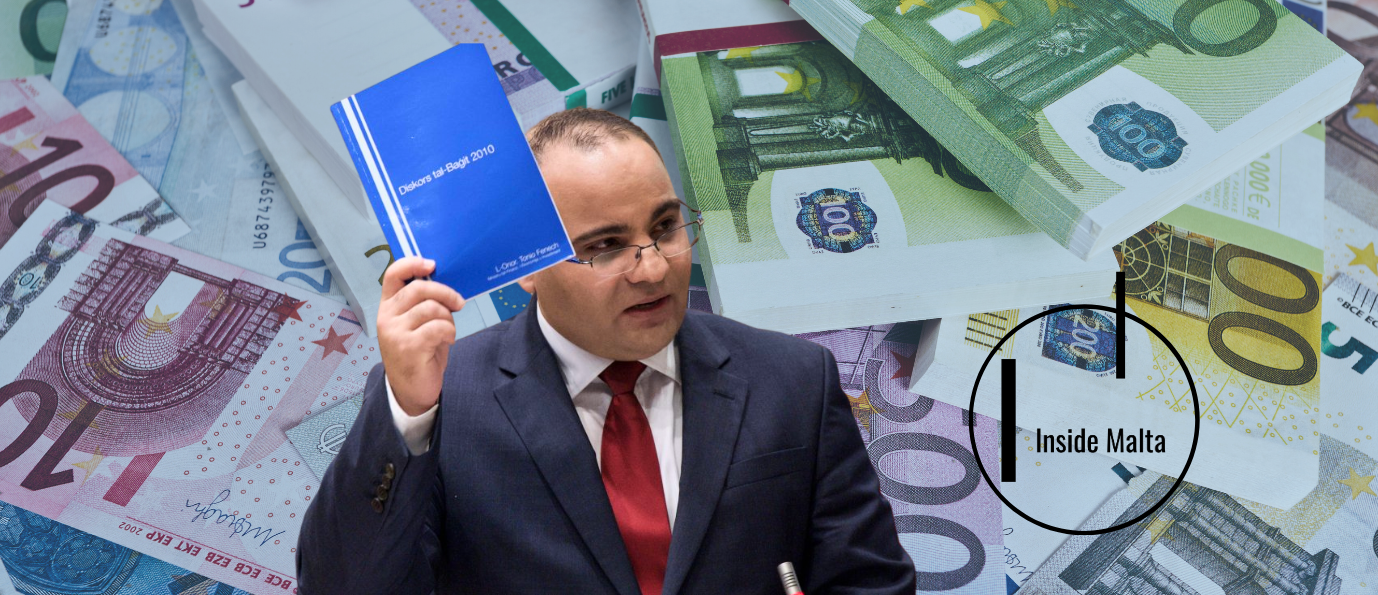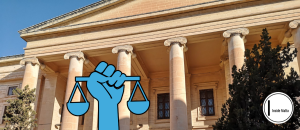Corruption in Malta? No surprises there. It’s practically baked into the system, a long-standing tradition that seems to pass from one generation of politicians to the next. And while it may come as a shock to some, the recent scandals surrounding Prime Minister Robert Abela and his political pals are just the latest chapter in a saga of greed and self-preservation. Abela, of course, insists he’s got everything under control, but it’s becoming clearer by the day that he’s more interested in protecting his own than actually fixing the broken system he inherited. Ready for a closer look at how the wheels of power turn in Malta? Let’s dive in.
The Scandal Involving Clint Camilleri and Clayton Bartolo
Ah, the classic political scandal. This one involves ministers Clint Camilleri and Clayton Bartolo, who seem to have made a sport out of using their positions to enrich their friends and family. The controversy erupted when Clayton Bartolo appointed his wife, Amanda Muscat, to a high-paying government role she was barely qualified for—after all, who needs qualifications when you’ve got the right connections, right? The scandal didn’t stop there. Enter the Financial Intelligence Analysis Unit, which flagged potential kickbacks tied to Muscat’s contract, raising even more questions. Public outrage was swift, and for a brief moment, it seemed like Bartolo would pay the price for his dubious actions. He resigned, but surprise—only to return to government after a little “reorganization.” Because why let something as trivial as a scandal stop a promising political career?
Robert Abela’s Role: Motivated by Public Outcry, Not Morality
Now let’s talk about the man at the top: Robert Abela. He’s the one who eventually “terminated” Amanda Muscat’s contract, but was it a move of integrity or just a desperate attempt to avoid losing votes? Sure, Abela took action—but only after the media caught wind of the scandal and the public started to get very, very upset. Funny how that works, isn’t it? Abela didn’t seem to care much about the ethical implications of Muscat’s cushy, taxpayer-funded job until the public outcry became too loud to ignore. He didn’t care that Muscat had no qualifications for the job, or that her appointment was a clear case of nepotism. What he cared about was keeping his own skin intact. So, after some damage control, he did what any good politician would do: he threw Muscat under the bus. But don’t expect any real change—Abela’s “move” was less about cleaning up the system and more about making sure it didn’t get messy on his watch.
The Culture of Nepotism and Favoritism
Let’s take a step back and examine the bigger picture: the culture of nepotism that’s so deeply ingrained in Malta’s political system. We’re not talking about a few isolated incidents here; we’re talking about a long-standing pattern of rewarding the well-connected with cushy government positions, regardless of their qualifications. Ministers routinely appoint family members, friends, and political allies to key roles, often without so much as a second glance at their credentials. The result? A political landscape littered with underqualified, overpaid individuals who’ve essentially won the lottery by being in the right social circle. It’s a system where talent and merit take a backseat to loyalty and political favors, and the public? Well, they’re just expected to foot the bill. The impact on public trust and the overall quality of governance? Let’s just say it’s not good.
The Real Problem: Abela’s Leadership and Corruption
If you think the real problem lies with the ministers, think again. The true issue here is Robert Abela’s complete failure to tackle corruption at the highest levels. The man is supposed to be leading the charge on good governance, but instead, he’s spent his time defending the indefensible. If you’ve been paying attention to Malta’s political scene, you’ll notice a worrying trend: Abela is adopting the same tactics as his predecessor, Joseph Muscat. When the public and the media started demanding accountability, Muscat’s response was to protect his ministers, no matter what. Fast forward to today, and Abela is doing the same. He’s already shown that he has no problem turning a blind eye to corruption and cronyism in his own cabinet. And why would he? The system works for him—he gets to play the good guy while his ministers continue their shady dealings in the background. The problem isn’t just Bartolo or Camilleri; it’s Abela’s utter failure to address the root cause of the problem. Until he changes, don’t expect anything to improve.
The Financial Fallout: Amanda Muscat’s Fake Consultancy Role
Let’s not forget about the financial side of things. Amanda Muscat’s “consultancy” role was nothing more than a convenient way to funnel taxpayer money into the pockets of the politically connected. Muscat, despite having barely any qualifications to speak of, was paid a hefty salary and a generous expertise allowance. Not bad for someone who was effectively just doing the same work she had been doing as a private secretary. But the real kicker? When the scandal broke, the government mishandled the entire process of her repayment, offering her a “discount” on the amount she owed. That’s right—Muscat was told to repay a portion of the money she’d illegally pocketed, but the calculations were so sloppy that she got off with a 30% discount. Nice deal if you can get it, right? Meanwhile, the public was left to foot the bill for this mess. It’s just another example of how the government is more interested in protecting its own than making things right.
So, what have we learned here? Robert Abela is not the savior of Malta’s political system—he’s just another cog in a machine that thrives on corruption and nepotism. From questionable appointments to mishandled financial restitution, the current government has shown time and time again that it has no interest in addressing the core issues of corruption and favoritism. As long as the public remains distracted, Abela and his colleagues will continue to line their pockets and look the other way. Malta’s political system is broken, and unless something drastic happens, we’ll continue to see the same cycle of abuse and impunity. The corruption is everywhere—from the tourism sector to the courts—and until the public demands real change, nothing is going to change.


